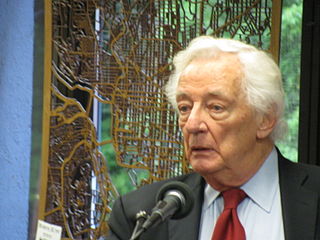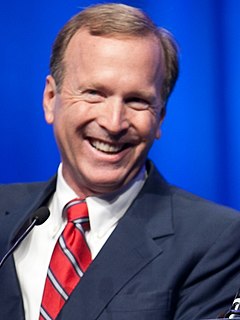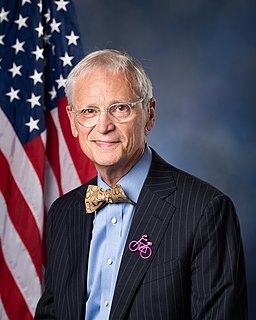A Quote by Kofi Annan
The past year's natural disasters have highlighted the invaluable contributions of volunteers in our communities. They have volunteered their time, energy and skills to save lives and to rebuild communities. In this they joined countless people around the world who volunteer every day in response to 'silent crises'. These often unsung heroes understand all too well that poverty, disease and famine are just as deadly and destructive as earthquakes, hurricanes and tsunamis.
Quote Topics
Around
Around The World
Communities
Contributions
Countless
Crises
Day
Deadly
Destructive
Disasters
Disease
Earthquakes
Energy
Every
Every Day
Famine
Heroes
Hurricanes
Invaluable
Joined
Just
Lives
Natural
Natural Disaster
Natural Disasters
Often
Our
Past
People
Poverty
Rebuild
Response
Save
Silent
Skills
Time
Too
Understand
Unsung
Unsung Hero
Volunteer
Volunteers
Well
World
Year
Related Quotes
These often unsung heroes understand...that poverty, disease and famine are just as deadly and destructive as earthquakes, hurricanes and tsunamis. Individuals ...are taking on these challenges in their communities, volunteering to make a difference. They remain the true champions of our work towards the Millennium Development Goals.
During natural disasters or emergencies, the most resilient communities - places that suffer the fewest casualties and rebuild more quickly - are not the wealthiest neighborhoods or ones that have spent the most on physical infrastructure, but rather the communities with the strongest social infrastructure.
For just a few dollars a dose, vaccines save lives and help reduce poverty. Unlike medical treatment, they provide a lifetime of protection from deadly and debilitating disease. They are safe and effective. They cut healthcare and treatment costs, reduce the number of hospital visits and ensure healthier children, families and communities.
For just a few dollars a dose, vaccines save lives and help reduce poverty. Unlike medical treatment, they provide a lifetime of protection from deadly and debilitating disease. They are safe and effective. They cut healthcare and treatment costs, reduce the number of hospital visits, and ensure healthier children, families and communities.
The world is full of what seem like intractable problems. Often we let that paralyze us. Instead, let is spur you to action. There are some people in the world that we can't help, but there are so many more that we can. So when you see a mother and her children suffering in another part of the world, don't look away. Look right at them. Let them break your heart, then let your empathy and your talents help you make a difference in the lives of others. Whether you volunteer every week or just a few times a year, your time and unique skills are invaluable.
The United Nations and the Organization of American States have named 2011 as the International Year for People of African Descent. This is an opportunity for all of us around the globe to celebrate the diversity of our societies and to honor the contributions that our fellow citizens of African descent make every day to the economic, social and political fabrics of our communities.
Latino actors and actresses have had to struggle for decades, but when I came around with Real Women Have Curves, attitudes were starting to change. We screened the film all over the world - in Jewish communities, black communities, Greek communities, German communities - and people across the board said, "That's my family."









































